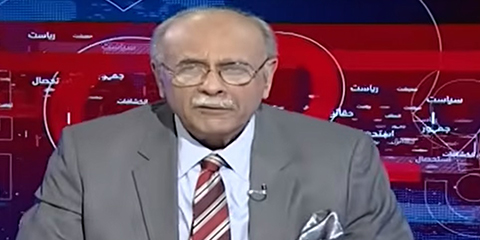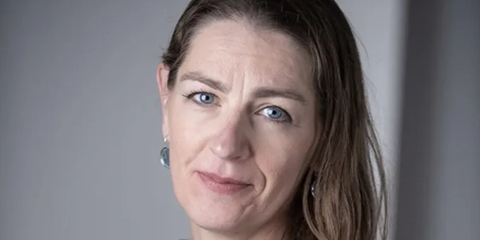Abdullah Malik (1920-2003)
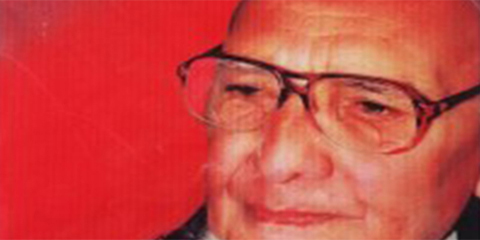
Journalist, writer and political activist, Abdullah Malik wrote in his book Purani Mehfilain Yaad aa Ra’hi Ain: “I can declare with pride that I have spent my entire life wedded to the same commitment, the same set of beliefs, namely the establishment one day of a socialist Pakistan…it will be a message of love for mankind, a message that transcends all religions, faiths and creeds.”
According to Malik, he was born “in the last years of the second decade of the 20th century, on 20 October 1920 in Lahore’s Koocha Chabukswaran, which was located in the heart of the city.” He got his early education from the Mission High School and graduated from the Islamia College.
Attracted to leftist politics, Malik joined the Communist Party newspaper, the Jang-i-Azadi. He also wrote treatises on capitalism and feudalism.
After working for a while for Qaumi Jang that was also translated in English as People’s War, Malik joined the agitational politics of the Majlis-i-Ahrar. He attended the first Communist Party Conference held in Bombay in 1943.
On the instructions of the party hierarchy, Malik along with a few other members joined the All India Muslim League (AIML). They were responsible for formulating the Punjab Muslim League’s manifesto which promised radical agrarian reforms and complete nationalization of transport and industry.
After partition, Malik chose to live in Pakistan. He was appointed editor of the government newspaper, Muhajirin. While he was working for the Urdu daily Imroze, Malik was dismissed by military ruler General Yayha Khan for his severe criticism of the military action taken in East Pakistan, for which he was imprisoned. He was also sentenced to lashes for writing an article against hanging of a former prime minister of Bangladesh Mujeebur Rehman. However, later the sentence was withdrawn.
According to Khalid Hasan, “Abdullah Malik was a one-man movement of action and ideas. There was no one quite like him – and those who knew him would confirm that it was so.”
Apart from working for several prestigious newspapers that included dailies Azad, The Pakistan Times, and Nawa-i-Waqt, Malik was also a prolific writer, writing extensively on literature, politics and the independence movement. He authored over two dozen books. Most of them were written on the history of Punjab and political movements in the subcontinent.
After a protracted illness, he died on April 9, 2003 in Islamabad.
Sources: khalidhasan.net, the Oxford Companion to Pakistan History; Dawn
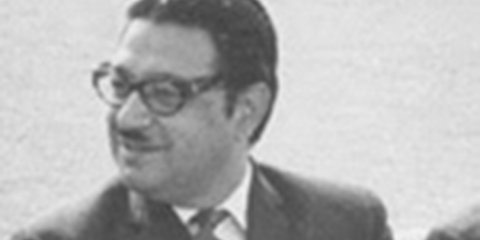
Altaf Gauhar (1923-2000)
Altaf Gauhar was a man of extraordinary versatility, charm and intelligence. He was born in Gujranwala and received his education from the Government College, Lahore, after which he joined All-India Radio
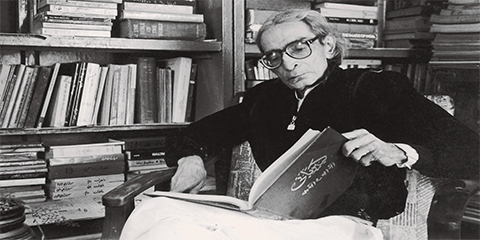
Zamir Niazi (1932-2004)
Zamir Niazi was a renowned Pakistani journalist, famous for his commitment to the freedom of the press. He worked for Dawn, Daily News and Business Recorder and also edited the monthly Recorder and the weekly Current.
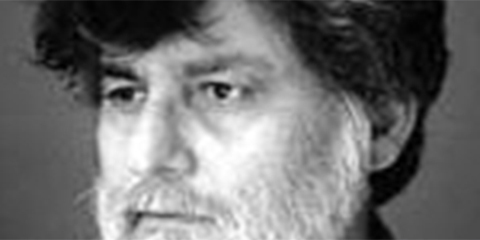
Zafaryab Ahmad (1953-2006)
Zafaryab Ahmad (1953-2006) was a journalist who made a name for himself as a trade unionist and a political activist. He worked in the dailies Dawn and the Frontier Post and the weekly Viewpoint.

Mushahid Hussain Sayed
Mushahid Hussain Sayed has the distinction of becoming the youngest editor of a national English daily The Muslim (now defunct). He achieved this honor at the age of 29 in 1982.

Altaf Husain (1900-1968)
One of the pioneers of journalism in Pakistan, Altaf first came to notice with his forceful advocacy of Indian Muslims' case in colonial India through articles in the press (as a government servant he
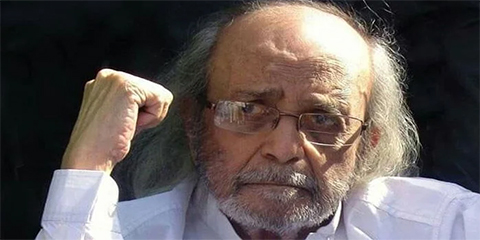
Saleem Asmi
Beginning his journalistic career in 1959, Saleem Asmi joined The Times of Karachi as a sub-editor. Like most journalists from his era, he became part of The Pakistan Times, becoming the newspaper's city editor.
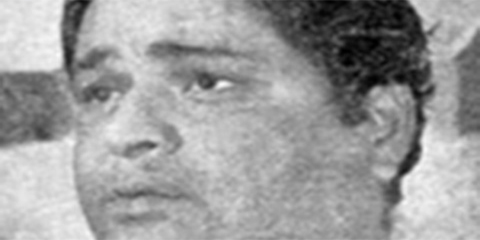
Majeed Lahori (1913-1957)
Majeed Lahori, born Abdul Majid Chohan in 1913 in Gujrat, was truly a people's columnist, according to Khalid Hasan, adding what he wrote remains as delightful today as it was then.
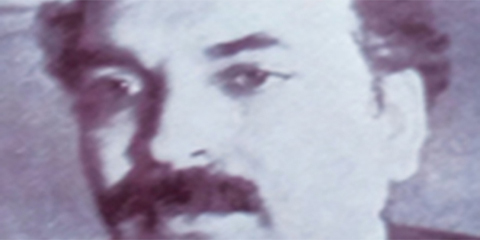
Maulana Salahuddin Ahmad (1902-1964)
Maulana Salahuddin Ahmad, editor of one of the most prestigious journals, Adabi Dunya, was born on March 25, 1902. According to Rauf Parekh, he was not 'Maulana' in the sense that the word is
Newsroom

Pakistan’s ad ban on Dawn sparks media freedom concerns
December 14, 2025 Dawn Media Group says Pakistan has imposed an unannounced ban on government advertising, drawing condemnation from media bodies over press freedom and independent journalism.
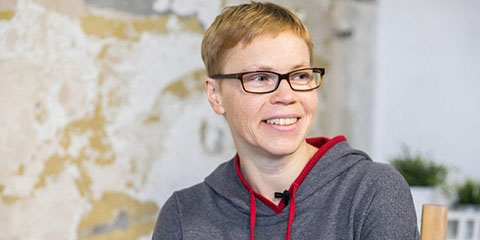
Belarus journalist Maryna Zolatava freed after four years
December 14, 2025 Belarusian journalist Maryna Zolatava was released after spending more than four years in detention, along with 123 other political prisoners, highlighting the ongoing struggles for press freedom under Lukashenko.
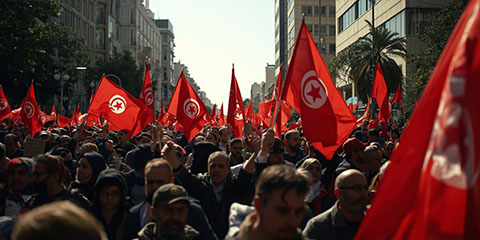
Tunisia protests revive press freedom concerns
December 14, 2025 Protests in Tunisia on December 13 spotlight jailed journalists and politicians, renewing international concerns over legal and administrative pressure on independent media.

PFUJ raises alarm over pressure on Dawn Media Group
December 14, 2025 Pakistan Federal Union of Journalists condemns the advertising ban on Dawn Media Group, warning that it threatens press freedom and calls on the government to restore ads immediately.

Japan anti-espionage law plan raises media freedom fears
December 14, 2025 Japan plans fast-track anti-espionage and secrecy laws, prompting warnings from legal experts and press advocates that broad rules could chill journalism and weaken source protection.





